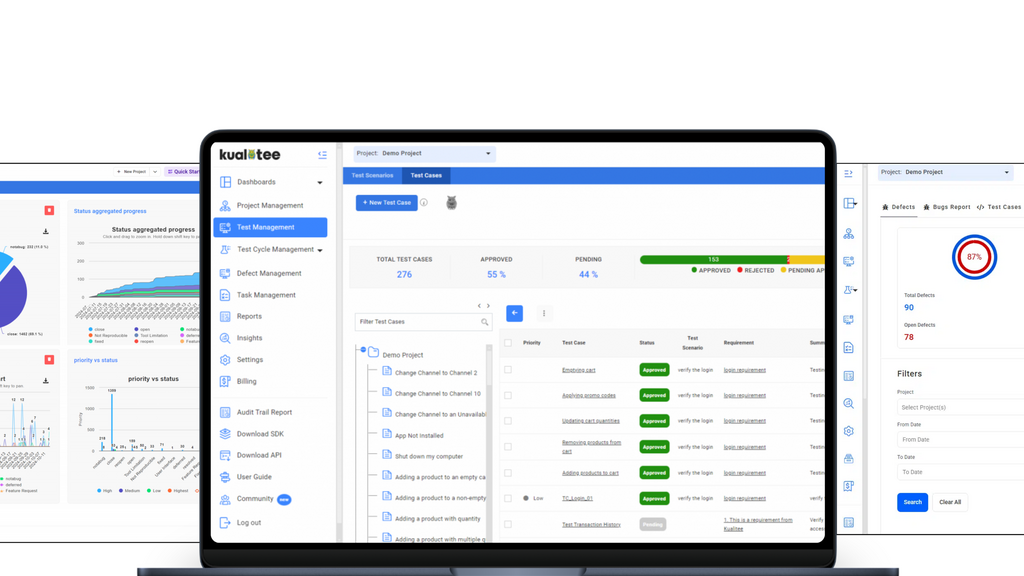Structured programming

What is structured programming?
Structured programming is writing code that flows in a clear, logical way. It uses basic building blocks like loops and if-statements instead of jumping around with goto statements, making code easier to follow and debug.
Do you have any examples of structured programming?
Let's say you're writing a function to validate a password. Using structured programming, you'd check conditions in a logical sequence:
First check if the password is long enough
Then look for required characters like numbers and symbols
Finally verify it doesn't match commonly used passwords
Each step flows naturally to the next, making the code easy to understand and modify.
Why is structured programming important?
Code that jumps all over the place is a nightmare to debug. Structured programming keeps things organized and predictable, so developers can understand and maintain each other's code. It's like the difference between a well-organized filing system and a desk covered in random papers.
What are the challenges with structured programming?
Some problems don't fit neatly into simple structures. You might need complex logic that's hard to express clearly, or performance requirements that push you toward less structured solutions. Following structured principles can also feel limiting at first if you're used to writing code however you want. But these constraints usually lead to better code in the long run.

Manage your entire QA lifecycle in one place. Sync Jira, automate scripts, and use AI to accelerate your testing.
Explore MoT

Thu, 19 Feb
In this webinar, Parasoft experts will discuss what to look for when selecting an AI-powered API testing solution.

Boost your career in software testing with the MoT Software Testing Essentials Certificate. Learn essential skills, from basic testing techniques to advanced risk analysis, crafted by industry experts.

Into the MoTaverse is a podcast by Ministry of Testing, hosted by Rosie Sherry, exploring the people, insights, and systems shaping quality in modern software teams.